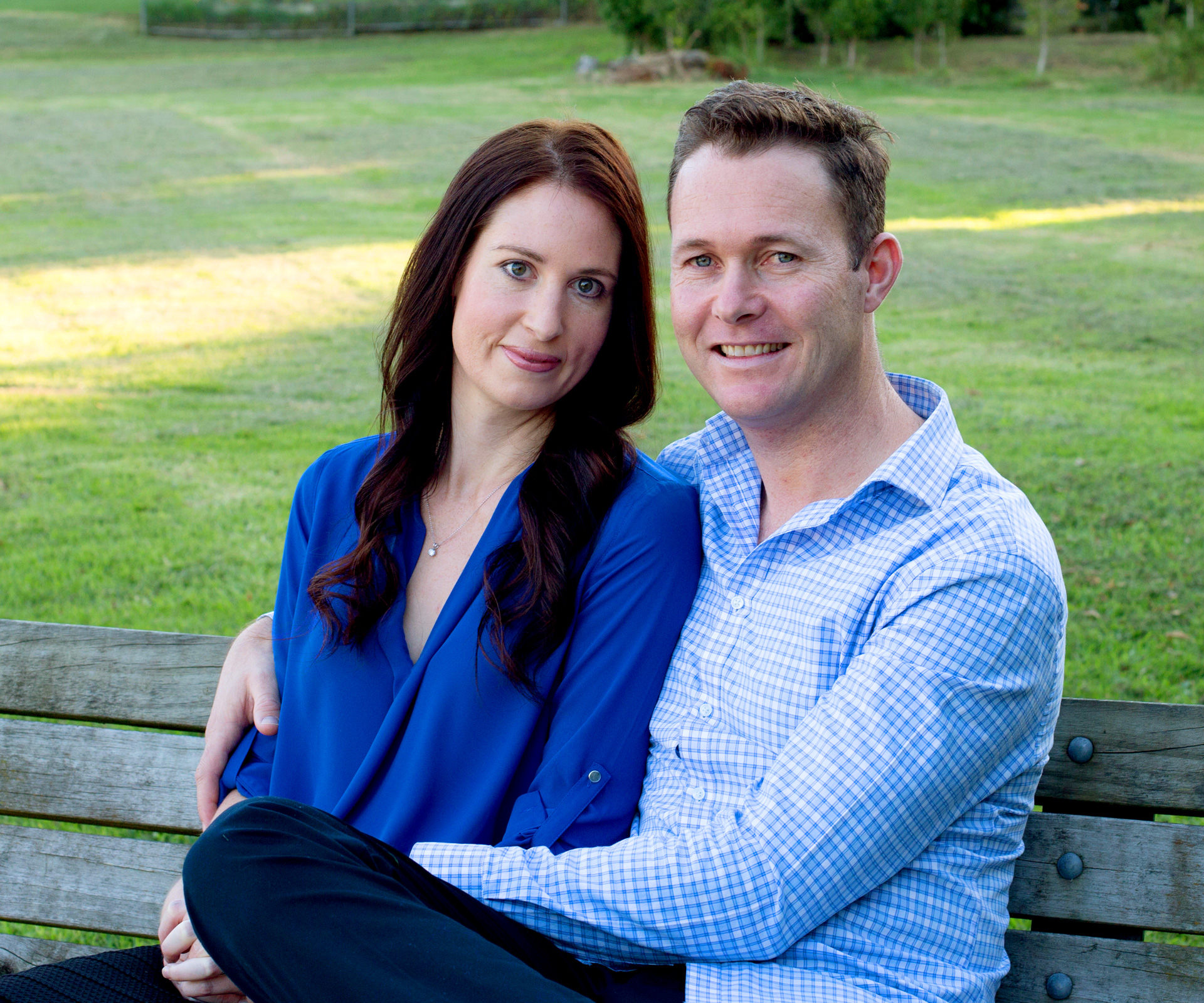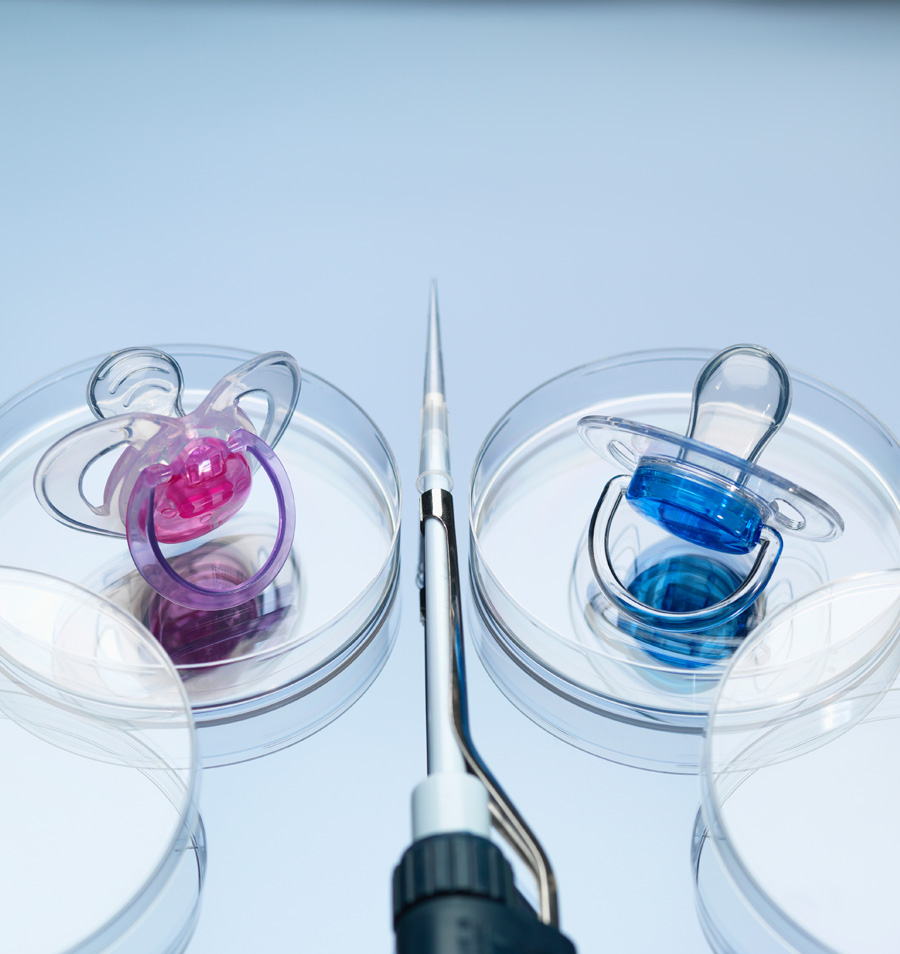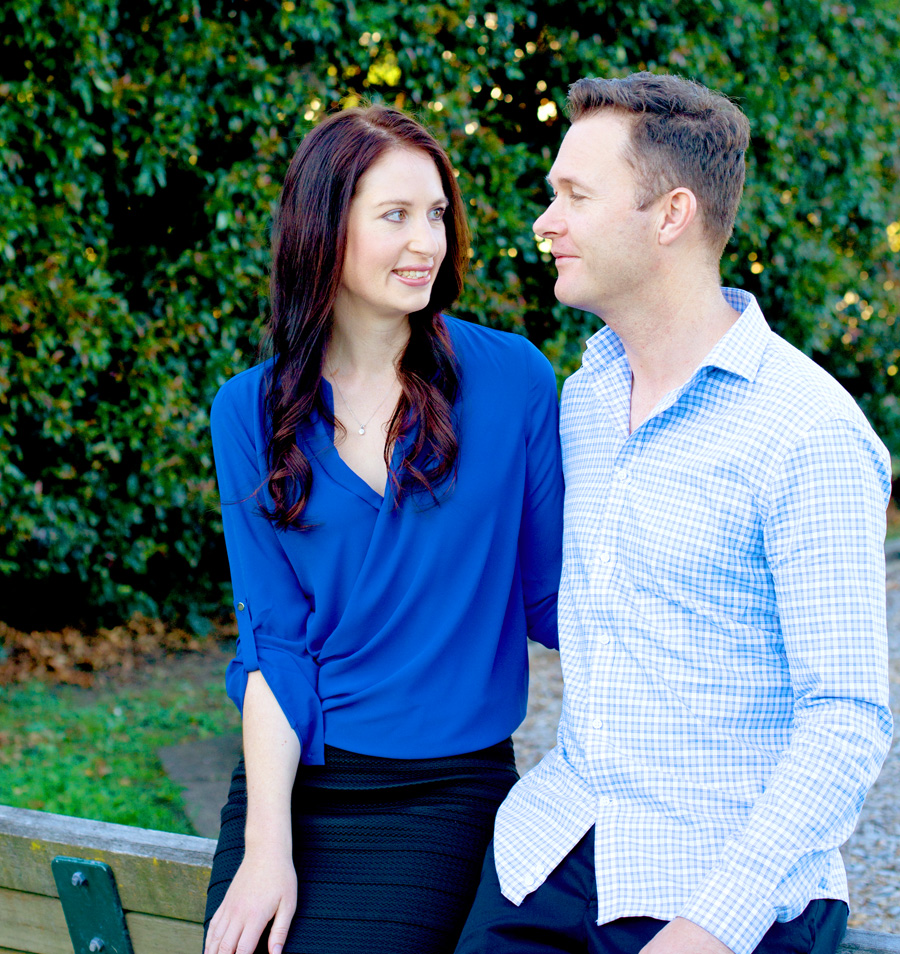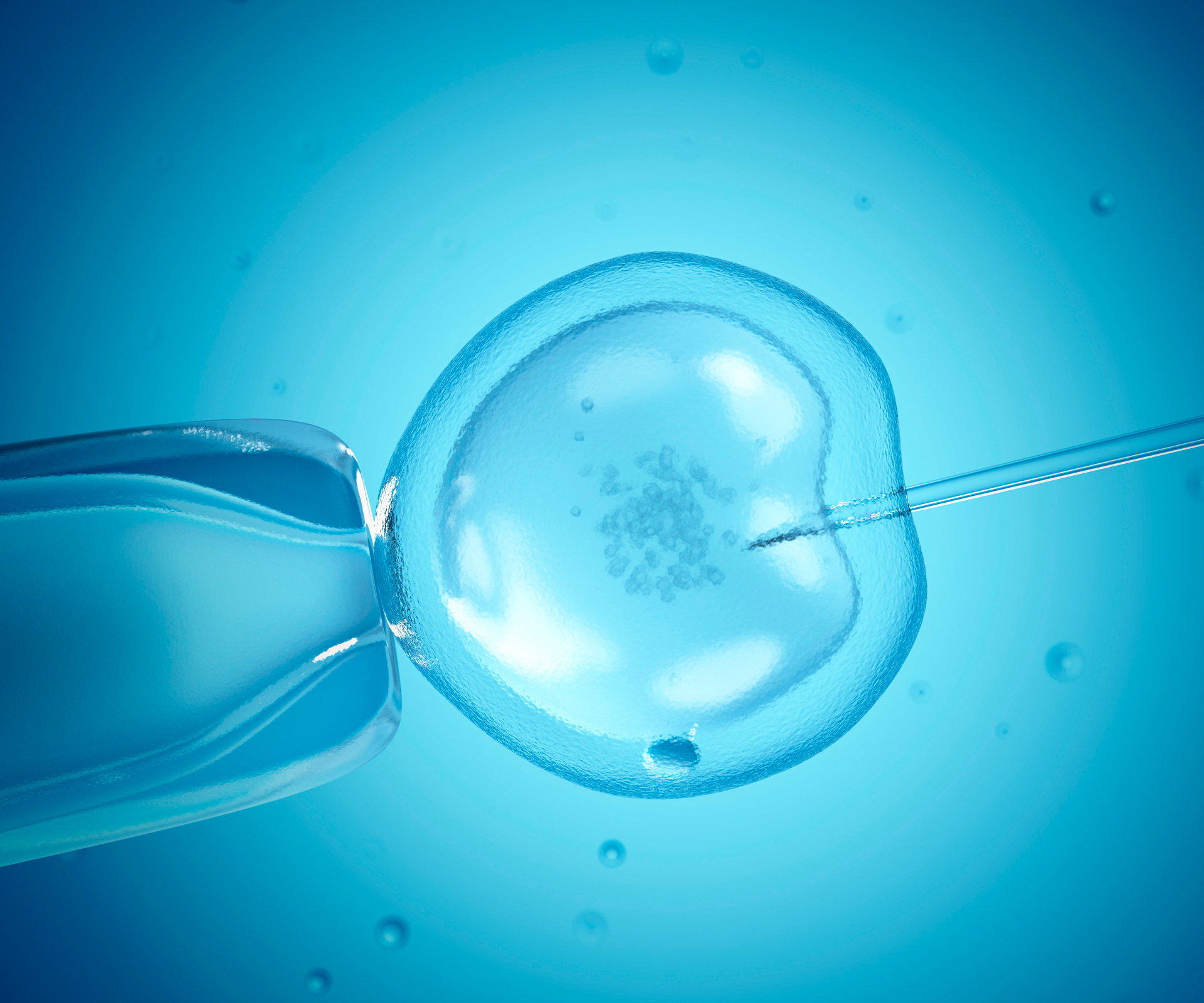The moment Waverley and Peter Brett’s son was born 10 months ago marked a milestone for their young family.
Not only did Flynn’s happy arrival mean a precious sibling for their first son Luke, but the Auckland-based band of ‘three Musketeers’ were becoming a tight unit of four.
For the second-time mother, life felt complete. “We enjoyed being more relaxed, knowing what to do the second time around. We had a blissful two weeks as we settled into our new family life,” says Waverley.
But all that changed when Flynn was given the Guthrie heel-prick test. This time the midwife had difficult news: the test revealed Flynn could have cystic fibrosis.
From Joy to Grief
More tests and one week later, the family received confirmation of the diagnosis.
“I felt like I had been punched in the stomach and I struggled to breathe,” recalls Waverley. “The grief is indescribable and in many ways it feels as though your baby has died. The healthy one certainly has.”
Cystic fibrosis (CF) is a progressive degenerative disease that leads to early death – usually in the 30s and 40s – from severe lung trauma.
The condition means the body’s cells can’t process salt properly and, in turn, digestive enzymes aren’t released effectively.
Ever since little Flynn was just three weeks old, his mother has had to administer enzymes that look like “tiny little grains of sand” with every feed. Flynn’s daily care also includes physiotherapy, vitamin supplements and regular hospital visits.
Throughout his life, Flynn is likely to require intravenous antibiotics and daily at-home nebuliser therapy.
“It’s quite stressful and distressing on an emotional level,” Waverley says quietly, tears welling in her eyes.
“Some days I have good days, some days I remember he might never be able to have his own family. Other days I think about how one day we’ll have to explain there is something wrong with him that we can’t fix and that one day we will have to tell Luke the little brother he adores is very sick.”

The struggles for families caring for a child with CF, or other genetic conditions, are ongoing.
“We have to be extremely careful to avoid any colds or flu,” explains Waverley. “There are no coffee or toddler groups for us and he needs to avoid stagnant water, moist soil, mould – basically anywhere there is bacteria. Obviously you can’t see bacteria… and you never know when he might pick some up.”
No matter how painful it is to share her story, Waverley hopes to raise awareness that New Zealand couples can now have a genetic-carrier screening test prior to conception to test for conditions such as Flynn’s.
Genetic Carrier Testing
This year, testing was introduced in New Zealand for the first time and is now available privately through Fertility Associates.
The test, which screens for three common inherited genetic conditions – CF, fragile X syndrome (FXS) and spinal muscular atrophy (SMA) – is designed to give parents information about the risk of having a child with a genetic condition.
“When everyone starts the parenthood journey, they want to have a healthy baby and this kind of testing increases their chances of having just that,” explains leading fertility expert and Fertility Associates chairwoman Dr Mary Birdsall.
“It goes well beyond the advice of ‘take some folic acid’ and ‘stop smoking’. Tests like these help to provide some checks and balances.”

Leading the Way
Before introducing genetic-carrier testing here, specialists at Fertility Associates studied the international landscape of testing, and were also spurred on in their commitment after Waverley approached them with her case.
“I’m relieved and excited that Fertility Associates are leading the way in New Zealand by offering best-practice testing to their patients,” explains Waverley. “Speaking from my own experience, I know how important it is for those carrying the gene to know. Knowledge is power. That’s why we decided to speak out and be honest, because if we didn’t we knew we weren’t helping anybody.”
While it’s a test the Bretts dearly wish they could have had access to, both take comfort in knowing that other New Zealand parents can now have pre-conception genetic-carrier screening through a local specialist.
The Bretts’ honesty and passion for helping others were catalysts for the company introducing the new carrier test, explains Birdsall.
The fertility expert has been working in the field of genetic reproductive testing for more than two decades and spent six months intensely researching genetic-carrier screening overseas.
“Waverley was the instigator and the prime driver,” explains Birdsall. “She said, ‘I don’t know why this test isn’t available’. And that’s why we knew we had to make it available.”
At Fertility Associates, a saliva swab is taken, then sent to the Victorian Clinical Genetic Services (VCGS) in Australia for testing. As well as pre-conception, testing can also occur at different stages of pregnancy.
Powerful Information
Babies inherit one copy of each gene from each parent and some people carry genetic mutations that are passed onto their offspring. One in 25 New Zealand Caucasian adults carry a mutation of the CF gene, which means about 1 in 2500 children are affected.
The carrier rates are 1:40 for SMA and 1:150 for FXS. Despite a lower carrier rate for FXS, this condition occurs in children at a similar rate to SMA because boys are always affected as they only have one X chromosome.
“I believe women should have the opportunity to understand whether they are at high risk of having a child with an incurable medical condition, given the very significant emotional, physical and financial implications,” says Waverley.
“Comprehensive pre-conception and pre-natal testing provides women with this important information and the ability to make informed choices,” she adds.
Birdsall warns genetic testing may not suit everyone.
“Many people have babies without planning and this is powerful information that people are going to learn about themselves and they need to be equipped to deal with that.
“While there may be no implications for your health, if you are a carrier of cystic fibrosis, these tests do impact choices around reproduction. If you do find out that you carry the gene, what will you do with that information? There are some really serious implications around this kind of testing,” she says.

Seeking Counsel
Genetic counsellor Jenny Eaton says it’s important to have the tools necessary to cope with the emotions that follow news of positive-test results.
“In New Zealand, we have had cascade testing up until now, where we only test individuals from families who have a history of a recessive genetic condition. But the reality is that the vast majority of people who are carriers have no history of a genetic disease, such as cystic fibrosis. That’s why tests like these are relevant,” Eaton says.
Some people are carriers of CF, FXS or SMA, despite not having any family members who have the condition.
Eaton has been practising since 2002 and was one of six genetic counsellors in New Zealand when she started. There are now more than 15. Her advice to couples thinking about under-going pre-conception carrier screening is to have open and honest discussions before committing to anything.
“Ask yourself, ‘If we underwent this screening, how would we deal with the information?’ It’s much better that a couple has these discussions beforehand.”
Eaton also recommends parents-to-be consider the best time to take a test. Both Birdsall and Eaton recommend people are thorough in their understanding and preparedness before they choose to undergo testing.
“If you do it before you’re pregnant, you have more reproductive options available to you,” she urges.
“Couples need to be as informed as possible about the practical and emotional implications of testing,” says Eaton. “Otherwise they may find themselves disappointed and upset on the outcome.”
They also urge caution regarding online testing as there is no support when you receive the results.
For the Bretts, counselling helped them come to terms with the implications for their family.

Knowledge is Power
For Waverley, the introduction of the test in New Zealand is helping her find peace.
“I don’t believe any parent should be blindsided by a preventable recessive genetic condition when testing is so easily available. Fundamentally, I believe women should have all the information they need to make an informed choice,” she says.
Genetic-carrier screening tests have been available in America for more than 16 years. In most parts of Australia, the same tests have been available for more than 10 years. As advances in genetic testing increase, there’s more information people can access, which raises questions about what potential parents may want to know about their future offspring.
“Some people do ask about the options of sex selection during genetic testing of embryos,” says Eaton. “In New Zealand sex selection in reproductive technology is generally prohibited, unless there’s an exception relating to genetic disorders and disease.”
“Before now, I couldn’t understand why this test hadn’t been offered,” says Waverley.
“We’re going through this excruciating experience of knowing our child will die in our lifetime. Don’t get me wrong, we love our child more than anything else in the world. But as a parent it’s heartbreaking to watch your child suffer and know you are responsible for that. The most difficult thing is that this situation was avoidable with a simple blood or saliva test and if I’d known to ask for it, I would have.”
Words: Kath Porter


